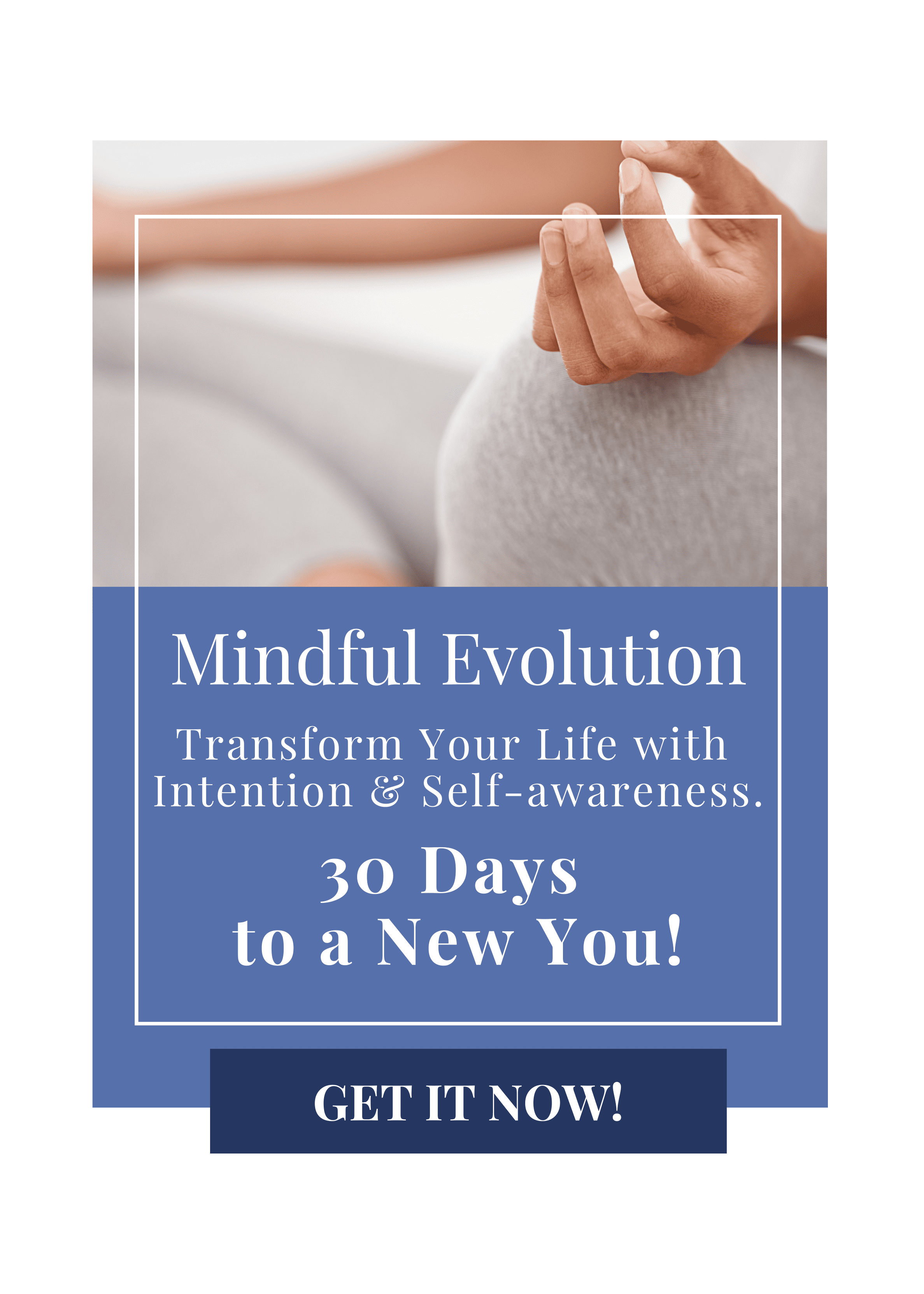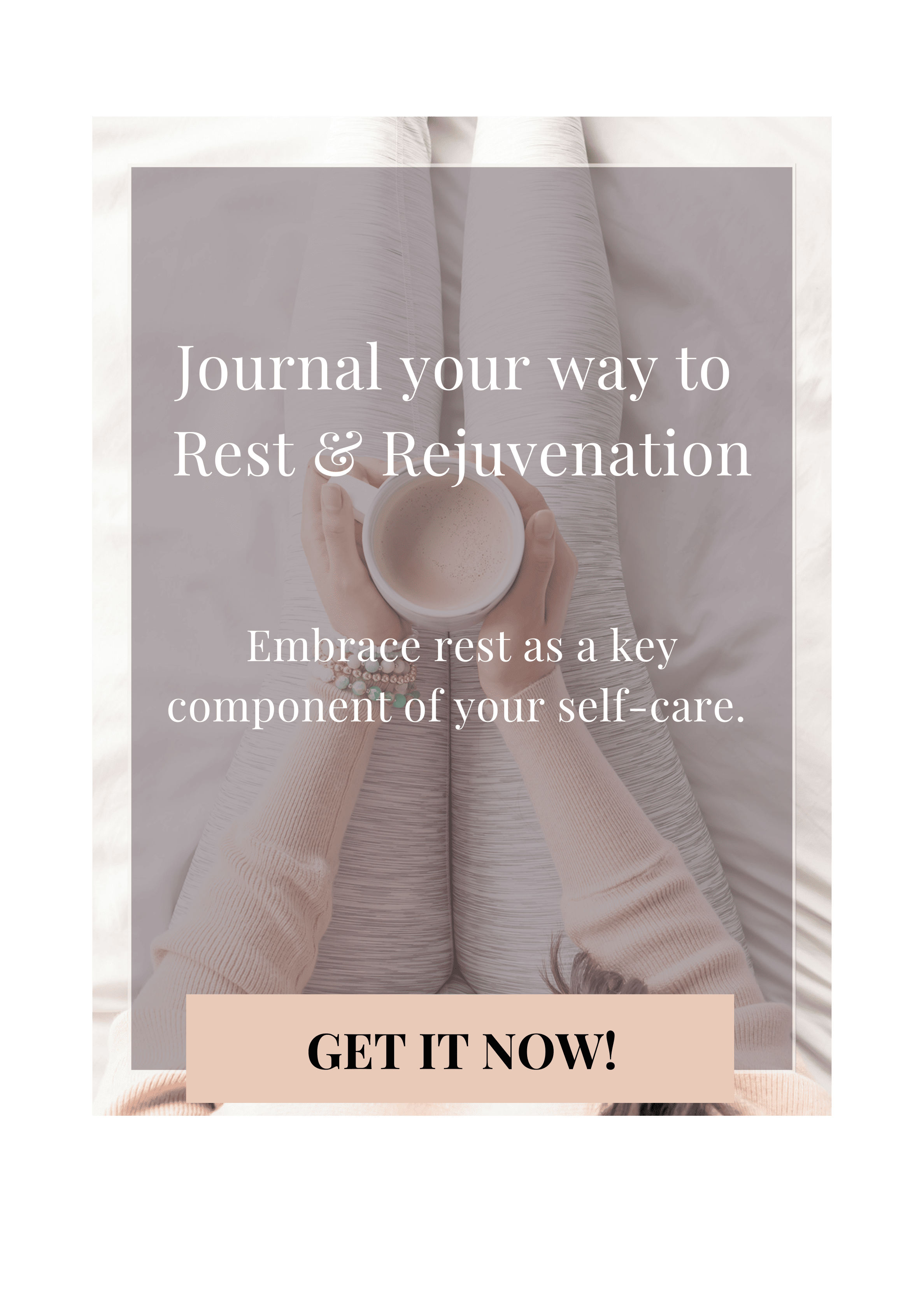This article includes a short introduction to the concept of Aparigraha + journal prompts + practical and easy ways to incorporate the concept into your life.
NOTE If you just landed on this article be sure to read the first article in this series first:
“What can an ancient text called the Yoga Sutra do for you?”
YAMAS – The external ethical rules.
(Yoga Sutra II.30)
Yamas is the first limb in the 8 limbs of Astanga Yoga. Yamas means restraint = as in holding back, or trying to stop doing.
The Yamas consist of a list of 5 ethical principles for your relationships with others, the outside world, and nature. They are, in their most basic form, a form of basic life principles and focus on the kind of behavior you should try to live by. By living these principles, you neither inflict suffering on yourself nor others around you.
The 5 principles are; non-violence (ahimsa), truth (satya), non-stealing (asteya), restraint (brahmacharya), and non-attachment (aparigraha). They are the moral, ethical, and spiritual guidelines that are important to observe if you want to achieve a balance in life and health and well-being; physically as well as mentally.
The five principles can all be easily observed in your daily actions, words, and thoughts. By trying to live by them or, in the first place, just becoming aware of them, you are helping to form the foundation for a healthier and happier self as well as contributing to a healthier and happier world.

Aparigraha – non-attachment, the fifth Yamas
(Yoga Sutra II 39)
Aparigraha is the fifth and final Yamas.
Aparigraha, encourages you to embrace simplicity, contentment, and a mindset of abundance that is not dependent on external possessions. It emphasized that you should use only what you need and think before you buy something extra or anything new.
When you hold onto things, you don’t allow yourself to be free. It is not only about holding onto material things, but also old ideas, beliefs, and concepts that you may have about life, about the events of your life, and about yourself and your personalities, qualifications, and abilities.
Life is in constant flux, it changes and evolves, and when you accept the need to change and evolve with it, you can become free to go with the flow of life, and you can trust that the universe will give you all that you need. You should be able to learn to let go in all areas of your life, both material, relationships, accomplishments, and expectations.
Practicing Aparigraha offers a way to navigate the complexities of modern life, and urges you to seek fulfillment in the richness of experiences and relationships rather than in material accumulation. It encourages a shift towards a more conscious, purpose-driven existence that values simplicity, sustainability, and a deep sense of contentment.
Practical steps when working with Aparigraha.
Applying Aparigraha to the practice of yoga and any kind of physical exercise.
- Focus on the breath that’s constantly changing.
- Be content with where you are, and don’t compare yourself to others.
- Be content with what you achieve and don’t be envious of what others achieve.
- Don’t develop an addiction to any kind of activity.
- let go of the outcome and enjoy the process.
Applying Aparigraha to your life.
- Regularly declutter and evaluate whether your possessions serve a meaningful purpose or bring you joy.
- Cultivating healthy relationships without trying to possess or control others.
- Allow for freedom and growth in both your close relationships and work.
- Pursue goals without attachment to the outcome, and stay open to various possibilities.
- Be conscious of your consumption patterns, and choose products and experiences that align with sustainable and ethical values.
- Share your time, resources, and knowledge freely without expecting anything in return.

Important self-investigation.
Expectations are the mother of all misery, and yet we often have expectations in all areas of our lives. When things don’t go the way we expect, we set ourselves up for disappointment and suffering. Letting go of expectations is the first step in practicing Aparigraha.
Examine all the ways you hold on to, grasp at, cling to, and attach yourself to people in your life, objects, titles, events, and beliefs, that limit your ability to achieve real freedom. By cultivating an attitude of non-possessiveness, you can let go of the need to possess or control things, people, or outcomes.
This constant accumulation of both people and things will eventually weigh down your spirit and distract you from more meaningful pursuits. Instead, you need to find contentment in what you have and appreciate the present moment. You can do this by practicing non-attachment to possessions, this will automatically foster a greater sense of generosity and openness, promoting the flow of abundance within both yourself and your surroundings.
Practicing being mindful and being able to distinguish between your needs and wants, allows you to make conscious choices that align with your true values and long-term well-being, not only for yourself but also for your environment, encouraging a living practice that respects other people and the planet’s resources.
Contemplation and Journal prompts on Aparigraha.
- In what areas of your life do you experience resistance to change?
- Are there expectations from your surroundings, that you need to let go of, to live your life more fully?
- Are you currently holding on to something/someone that is creating a limitation in your life?
- How can you let go of limiting beliefs that have been holding you back?
- How much of what you have right now do you actually need in your life in order for you to be you?
- How much do you possess of material things in life, and how much do these things really possess you?
- Do you keep acquiring more all the time, or do you trust life will bring you what you need without holding on to what you have?
- What are you most attached to (of your possessions) and how does this affect your choices in life?
- Think of something you’re holding on to that no longer serves you, what would it feel like to let it go?
- How can you simplify your life to bring you more joy?
That was it for the Yamas, we now start our exploration of the Niyamas – your relationship with yourself!
Ready to take the next step – Shaucha!






